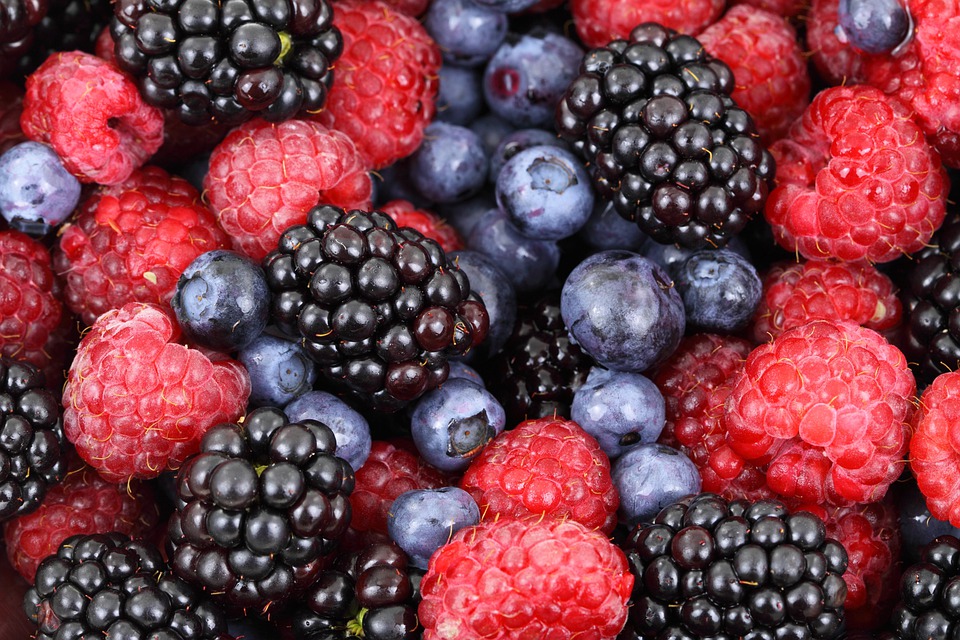
28 Jan Foods That Increase Autophagy
There are other ways of activating autophagy without fasting and exercise.
Here are some autophagy boosting foods.
- Sulforaphane induces autophagy through ERK activation in neuronal cells. Cruciferous vegetables and dark leafy greens like kale have sulforaphane.
- Azuki bean extract has been shown to reduce oxidative stress and stimulates autophagy
- Quercetin compounds induce autophagy. Foods high in quercetin are onions, pomegranate, red onions, cranberries. Garlic contains quercetin but it specifically stimulates autophagy as well.
- Medicinal mushrooms like Reishi and Chaga induce autophagy and can fight cancer. The Beta-Glucan signaling of these mushrooms is also connected to autophagy.
- Falcarindiol is a compound found in carrots that contributes to autophagy.
- Punicalagin is a compound found in pomegranates that promotes autophagy.
- Silibinin is a natural flavonoid that increases autophagy via mitochondria and reactive oxygen species signalling. Milk thistle has silibinin
- 6-Shogaol is a compound in ginger induces autophagy by inhibiting the AKT/mTOR pathway in human non-small cell lung cancer.
- Resveratrol inhibits breast cancer stem-like cells and induces autophagy. Resveratrol is found in dark grapes, berries, cherries, and red wine.
- Excess zinc can also support the stimulation of autophagy. Foods rich in zinc are oysters, liver, red meat, eggs, salmon, pumpkin seeds.
- Tocotrienols induce apoptosis and autophagy in rat pancreatic stellate cells through the mitochondrial death pathway.
- Curcumin induces autophagy by activating AMPK. Piperine which is a compound found in black pepper induces autophagy[lvii] and it also boosts the bioavailability of curcumin, which makes it a double wammy!
- Tart cherry supplementation improves working memory, hippocampal inflammation, and autophagy in aged rats
- Omega-3 Polyunsaturated Fatty Acids induce autophagy DHA found in fish is also critical for cellular metabolism and mitochondrial functioning.
- Coffee induces autophagy and has benefits on cellular metabolism.
- Epigallocatechin-3-gallate (EGCG), a green tea polyphenol, stimulates hepatic autophagy
- Ursolic acid induces autophagy and suppresses inflammatory responses. Apple skins, grape skins, and berries have ursolic acid.
- Capsaicin found in cayenne pepper induces autophagy
- Theobromine found in cacao and dark chocolate have protective elements on the mitochondria and cells by preventing apoptosis and promoting autophagy
- Vitamin K2 has been shown to trigger both autophagy and apoptosis simultaneously in leukemia cells
- Apigenin, a bioflavonoid in celery, causes AMPK activation in human keratinocytes
- Fenugreek extract can also induce cellular death via autophagy
- A cranberry proanthocyanidin rich extract induces both apoptosis and autophagy in human SEG-1 esophageal adenocarcinoma cells
- Caloric restriction mimicing ingredients like Malabar tamarind (Hydroxycitrate), Berberine, Rapamycin trigger autophagy
- Betanin-Enriched Red Beetroot (Beta vulgaris L.) Extract Induces Apoptosis and Autophagic Cell Death
- Polyphenols regulate autophagy Polyphenols and flavonoids are found in dark berries, dark leafy green vegetables, and all kinds of herbs and spices.
- Extra virgin olive oil contains polyphenol like oleuropein and oleocanthal which trigger autophagy and promote pro-longevity FOXO3. Funny enough, a recent 2017 study found that rats who were fed more olive oil in addition to their regular diet had better memory scores and higher levels of autophagy compared to the ones who just ate their regular chow
.
Source: Metabolic Autophagy by Siim Land

No Comments